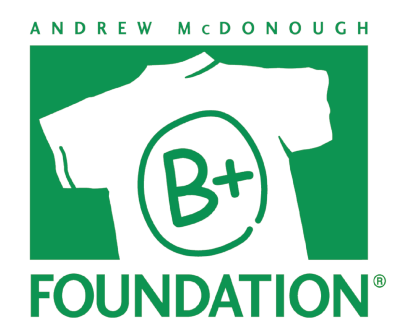PTEFb-dependent transcriptional reorganization in the glioma adaptive response to radiotherapy
Dr. Nathan Dahl – University of Colorado Denver, AMC and DC, Aurora, CO
High-grade gliomas (HGGs) are the leading cause of cancer-associated death in children, and new therapies are desperately needed for children with these tumors. Radiation therapy continues to be the only standard-of-care treatment across the various types of HGG, but for the majority of children, the cancer returns after a temporary response. As a result, a better understanding of how cancer cells adapt to and recover from radiation will not only reveal fundamental new insights into cancer cell biology, but it has the potential to meaningfully improve the treatment already being received by children with HGGs every day.
We have identified a protein complex called PTEFb that HGGs are dependent on for survival. Rapid engagement of this complex has been shown to be essential for how cells adapt to stressful events like temperature shocks, but it has not been studied in the context of radiation. Our research has discovered a similar response occurring in cancer cells after treatment with radiation, allowing HGG cells to survive this therapy. Combining anti-PTEFb drugs with radiation short-circuits the adaptive response, improving the anti-tumor benefit of radiation. This proposal examines how cells rearrange their transcriptional "machinery” in response to radiation and how this process may be altered in cancer states. If successful, this proposal will provide key information needed for bringing PTEFb inhibition safely and effectively into trials for children with HGGs.

